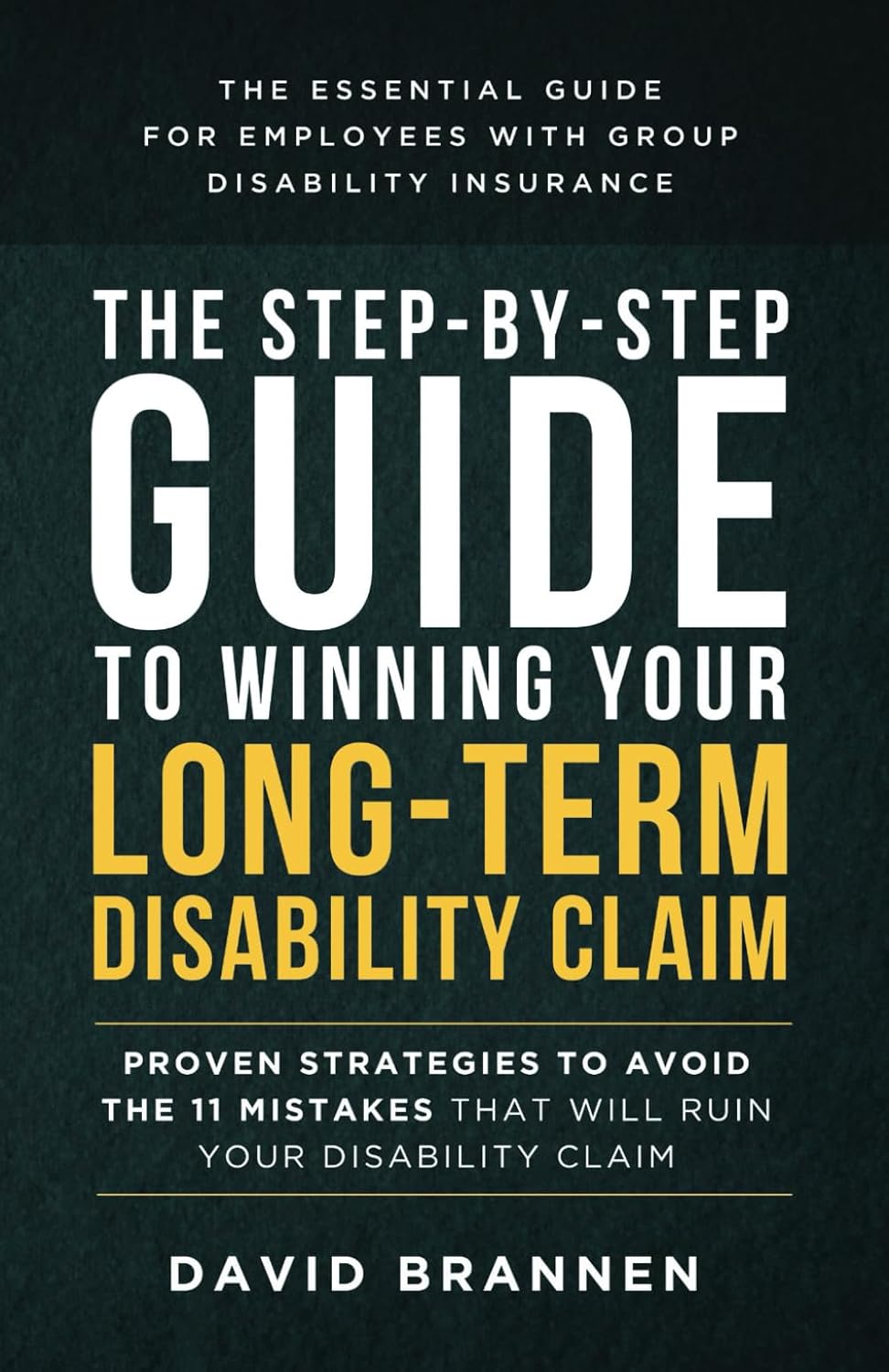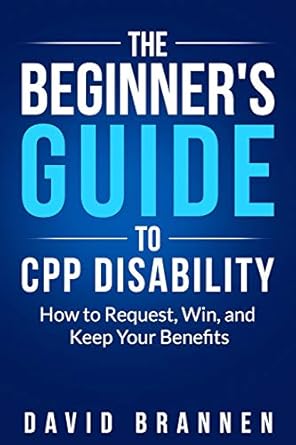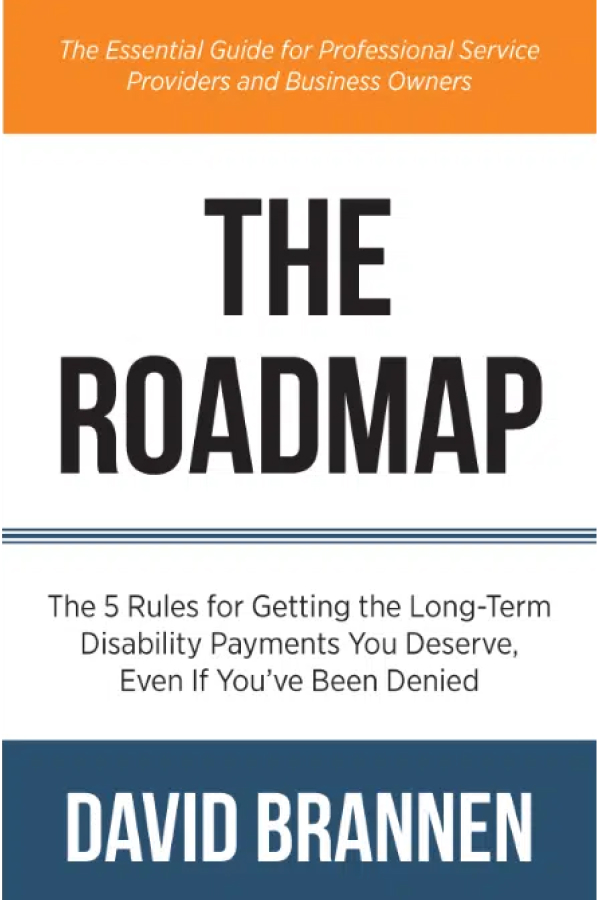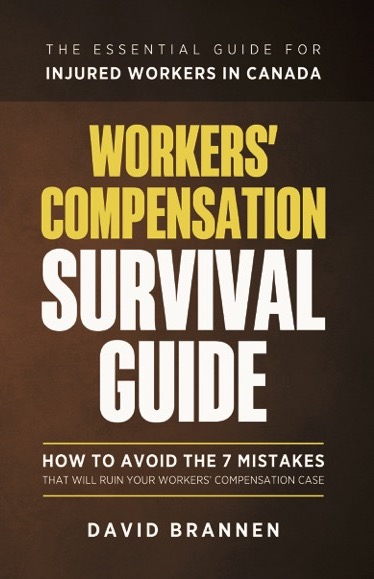We Help You Get the Benefits You Deserve — and Protect Your Job While You Recover
Short-term disability benefits are supposed to provide financial security while you’re off work due to illness or injury. But in reality, getting approved — and staying approved — can be an uphill battle.
At Resolute Employment & Disability Lawyers, we help people across Canada resolve disputes with their short-term disability claims — whether your benefits come through a private insurance company or directly from your employer. We also help you manage related employment law issues, such as job protection, medical leave, and pressure from your employer to return before you’re ready.
You focus on your recovery. We’ll focus on your case.
We Understand the Struggles You’re Facing
You’re off work due to a medical condition, you may be feeling:
- FYou’re sick or injured and can’t work — but your claim has been denied or cut off
- You’ve been approved for STD but are being pressured to return too soon
- You’re afraid your job isn’t safe while you’re off on medical leave
- You’re stuck between your employer and the insurance company
-
You’re overwhelmed, financially stressed, and unsure what to do next
You’re not alone — and you’re not wrong for needing help.

We Get It — And We’re Here to Help
Our founder, David Brannen, has been on both sides of the disability benefits system. As a child, he watched his grandfather be denied compensation after a disabling injury. That experience inspired David to become a lawyer.
Before entering law, David was also a licensed occupational therapist, which gives him rare insight into both the medical and legal aspects of disability claims.
We know what you’re going through — and we’re here to help you reclaim control and move forward.
What Are Short-Term Disability Benefits?
Short-term disability (STD) benefits provide partial income replacement when you’re temporarily unable to work due to illness or injury. These benefits are typically available for a few weeks to several months.
In Canada, STD benefits come in two main forms:
1. Employer-Paid Salary Continuance
Your employer pays your full or partial wages during your leave — often as a discretionary or contractual benefit.
2. Group Insurance Coverage
An insurance company (e.g. Sun Life, Manulife, Canada Life) pays weekly benefits based on a percentage of your income.
Both types come with strict eligibility rules, medical evidence requirements, and often complex appeals processes when denied.
How Our Short Term Disability Lawyers Help
We represent employees at all stages of a short-term disability dispute:
Review and Appeal Denials
We help you understand why your claim was denied — and build a strong appeal with proper medical and legal evidence.
Negotiate Reinstatement or Settlements
We push back on early terminations or pressure tactics, and negotiate fair resolutions where possible.
Coordinate Employment and Disability Law Strategies
We help you manage medical leave, job protection, return-to-work plans, and wrongful termination threats.
Work With or Around Your Employer
We handle communication with HR, insurers, and doctors — so you don’t have to.
Need Help with Employment Issues Too?
Problems with short-term disability often go hand-in-hand with employment law issues — such as unpaid leave, termination, or harassment while on sick leave.
We help with:
- Pressure to return before you’re medically ready
- Employer refusing to accommodate medical restrictions
- Termination while receiving STD benefits
- Conflicts between your doctor and the insurer’s assessments
Why People Choose Resolute Employment & Disability Lawyers
We Focus Exclusively on Disability and Employment Law
We’re not generalists — we focus only on workplace and disability law, giving us deep expertise in what matters most to you.
Contingency Fee Representation + Satisfaction Guarantee
You only pay if we win. Plus, we offer a 30-day satisfaction guarantee, so you can walk away at no cost if you’re not confident in our service.
Help at All Stages — Not Just Lawsuits
We help from day one — not just when your case becomes a lawsuit. Whether you’re applying, appealing, or negotiating a settlement, we’re with you.
Led by a Nationally Recognized Disability Lawyer
Our founder, David Brannen, is a former occupational therapist and author of several Canadian disability law guides.
Empowering Clients Through Education
We provide free books, articles, and video resources to help you understand your rights — before you even hire us.
National Reach, Local Support
We serve clients across Canada through virtual consultations — with local support from our offices in Moncton, Halifax, Toronto, and Ottawa.
Our Books

A Beginner’s Guide to Disability Insurance Claims
Learn how to apply for and secure long term disability insurance benefits, even after a denial or failed appeal.
Download
A Beginner’s Guide to CPP Disability
Learn the secrets to winning your CPP disability claim, even after a denial of benefits.
Download
The Roadmap
Discover how professional service providers can navigate long term disability claims without risking their practice or business.
Download
Workers’ Compensation Survival Guide
Learn the essential strategies to win your workers’ compensation claim, even if you’ve faced a denial or appeal setback.
DownloadWho We Help – Employees Across Canada
We represent workers in all industries and occupations, including:
- Healthcare and hospital staff
- Teachers, professors, and school employees
- Tradespeople, construction, and manufacturing workers
- Bankers, accountants, and professionals
- Administrative staff, retail workers, and service industry employees
-
Union and non-union workers
Whether your claim involves a mental health condition, chronic pain, injury, or serious illness — we’re here to help you get through it.
Take the First Step Toward Getting Your Benefits
If your short-term disability benefits have been denied, delayed, or cut off early — don’t wait. We’ll help you understand your legal options and build a strategy to fight back. Your consultation is free, and there’s no pressure to hire us.
Tap the button below to speak to one of our knowledgeable claim consultants.

Common Conditions We Handle
We assist clients across Canada with short-term disability claims involving a variety of physical and psychological conditions that temporarily prevent them from working. Some of the most common conditions we help with include:
We also support claims involving surgery recovery, chronic pain, sleep disorders, post-concussion syndrome, and other temporary disabling conditions.
Explore all medical conditions we handle >>Common Problems with Short-Term Disability Claims
Even when your doctor confirms you can’t work, insurers or employers often disrupt short-term disability benefits. Some of the most common issues include:
- Denial for “lack of medical evidence”
- Claims rejected due to pre-existing condition clauses
- Insurers claiming you’re “not disabled enough” to qualify
- Delays in application approvals or benefit payments
- Pressure to return to work before you’re ready Benefits being cut off after a few weeks without explanation
How It Works – A Clear, Proven Process
Our support team is easy to talk to and can answer many non-legal questions about the process and your options.
1
Schedule a free consultation
Connect with our support team and receive your free Disability Education Bundle. We’ll walk you through your options.
2
Follow a Proven Legal Strategy
You’ll work with a Toronto long-term disability lawyer who follows a tested legal framework customized for your situation.
3
Get Your Benefits or a Fair Settlement
We help you reinstate monthly payments or negotiate a lump sum settlement — whichever path is best for you.
1

Let’s Help You Get Back on Track
We know what it feels like to be left in the dark by your insurer or employer. Our short-term disability lawyers will give you clarity, confidence, and a path forward — starting with a simple conversation.
Schedule a Free ConsultationWhat to Expect When Working with Resolute
When you work with Resolute Employment & Disability Lawyers, you get a legal team that listens, explains, and empowers you. We believe in transparency, compassion, and strategic advocacy — so you always know where you stand and what we’re doing to help.
Need Help Locally? Explore Our Regional Pages
We help clients across Canada. Learn more about how we support people in your region:
- Halifax Short-term Disability Lawyers
- Moncton Short-term Disability Lawyers
- Toronto Short-term Disability Lawyers
- Ottawa Short-term Disability Lawyers
Frequently Asked Questions – Short-term Disability
Yes. We represent clients under both types of plans — whether your employer pays directly or an insurance company is involved.
Absolutely. We represent clients across Canada by phone or Zoom. No in-person visit is required.
No. Many clients come to us before applying or while still on benefits — we can help prevent problems before they start.
We regularly challenge early cut-offs and push for reinstatement or negotiated resolutions based on your goals.
We offer contingency-based pricing for most disability claims, but we’ll review your case to determine the best fit. Initial consultations are free.
